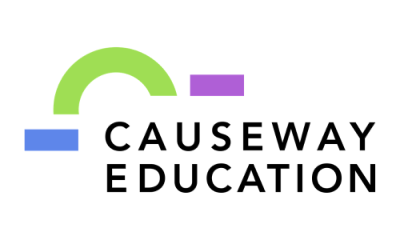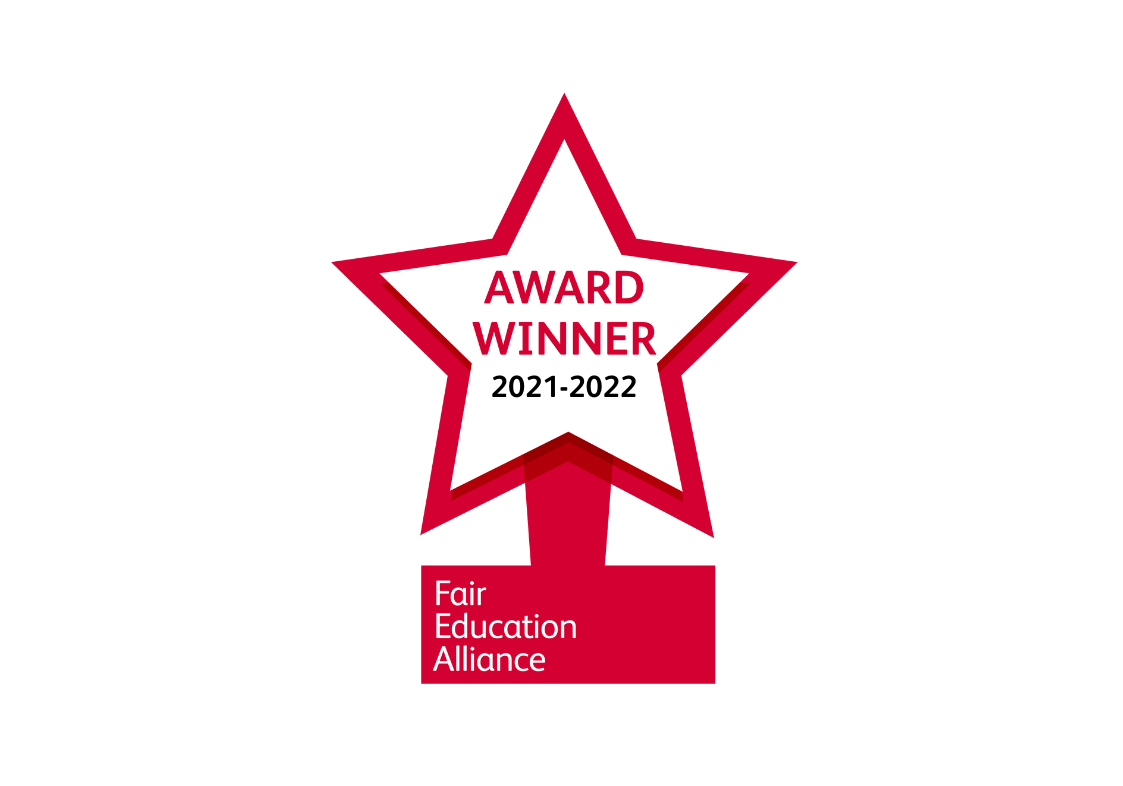This blog was originally published by the Sutton Trust.
Dr Michael Englard, Sam Holmes and Helen Drummond discuss the implications of the evaluation of their Academic Apprenticeship programme.
At the end of 2012, the Sutton Trust published research from Dr Steve Jones at Manchester University which showed that differences in university offer rates between independent and state school pupils with the same A level grades could be linked, in part, to the quality of their personal statements. This followed Dr Vikki Bolliver’s stark finding that state school students with exactly the same grades as their privately-educated peers were a third less likely to receive an offer from a leading university.
In response to Dr Jones’ findings, The Sutton Trust funded the ‘Academic Apprenticeship’ programme for more than 100 of their summer school students prioritising those from the most deprived backgrounds. Run by our organisation – the HE Access Network (HEAN) – the ‘Academic Apprenticeship’ programme had a simple premise. The key to writing an outstanding personal statement was to improve its academic content. This meant encouraging students to do some independent research on a topic which interested them and to write a short paragraph in which they analysed and reflected on their findings.
Much of the previous debate around the quality of personal statements had been focused on what academics call “social” or “cultural capital”. The state-educated students in Dr Jones’ report had fewer and less prestigious experiences than their privately educated counterparts. But did this really matter when applying for university? As teachers and academics, we had seen statements crammed full of EPQs, top work experience placements, and multiple university lectures and outreach programmes. On their own, these opportunities meant little because students were not actually analysing and reflecting properly on what they had seen, heard or researched.
As many teachers will tell you, setting a student a “wider reading” task without a clear structure to support analysis is more or less pointless. Working with academics and teachers, the HE Access Network designed specially structured subject-specific pathways which helped students to evaluate their reading or work experience in the manner of an undergraduate.
An evaluation of the ‘Academic Apprenticeship’ programme is included in Making a Statement, a follow-up research brief from Dr Jones, published today by the Sutton Trust. Encouragingly, it shows that, with the right support, the playing field can be levelled. Every one of the students in the study group – many applying for competitive courses like Medicine and Law – got at least one offer from a Russell Group university. The ‘Academic Apprentices’ significantly outperformed the comparison group which was made up of equal-attainment students who went to the same Sutton Trust summer school but attended colleges and schools with higher progression rates.
During the programme, we came across a major issue. Many of the ‘Academic Apprentices’ were being told by their teachers to remove the key paragraph of independent research and reflection which our subject pathways had encouraged. Repeatedly, teachers were saying that these sections were too “long”, “impersonal” or “essay-like”.
Working with Dr Jones and the Sutton Trust, we set up a second evaluation to compare how academics and teachers approached personal statements. Strikingly, it reveals that academics and teachers have very different views on what makes an excellent personal statement.
The academics’ comments indicate that the main function of the personal statement is for a student to demonstrate their suitability and motivation for a specific course. The research suggests that the best way for students to demonstrate their suitability is to analyse a topic which goes beyond their current syllabus. In subjects such as English, this might mean giving a developed claim about a specific feature of a text; for a more vocational course such as Medicine, a detailed reflection on work experience would serve a similar function.
But while academics consistently put a premium on these sections of reflective and detailed analysis, teachers often thought that these sections would actually lessen the chance of their students gaining an offer from a competitive university.
Dr Jones’ comparison shows that the “personal” element of the personal statement needs to be interpreted carefully. Unsurprisingly, admissions tutors seem to be primarily interested in a student’s academic personality. There is no evidence that students’ attempts to provide dubious “lightbulb” moments or to link multiple parts of the statement to autobiographical reasons improve their application.
To give just one example, here’s an extract from the personal statement of an Academic Apprentice:
“I especially enjoy reading War poetry as it offers subjective and emotive responses that are rarely found in historical accounts. To pursue this interest, I studied the pastoral idyll outside of the curriculum and explored the impact which the First World War had on ideas of rural land, particularly in Hardy’s poem ‘In time of the “Breaking of Nations”’ (1915) and Edward Thomas’s ‘As the Team’s Head Brass’ (1916). … I feel that the interlinking of the war and the land makes the war seem “nearer” in Thomas’ poem, whereas in Hardy’s work the presence of war is distanced through the use of everyday imagery such as the ‘maid and her wight’.”
Whilst the academic thought that this showed: “good evidence of wider reading and critical ability”, the teacher considered that the section was “more language analysis than overview”. While the academic likes the detail in the extract, the teacher wants a less focused, more generalised “overview”.
How can we explain such divergent views and ensure that advice is improved? Firstly, we need to support our teachers better. Staff working at low progression schools do a consistently heroic job educating their students and dealing with the turbulence thrown up by the move to linear A-Levels. As Dr Jones’ report recommends, we need universities to be much more transparent about what they want to see on personal statements, and, more importantly, how they evaluate them. There is no excuse for the continuing mystery that surrounds the applications process and the lack of clarity does a disservice to our teachers and our students. The first step to improving the quality of personal statements is for universities to publish explicit, subject-specific criteria which show what academics are really looking for.
Dr Michael Englard, Sam Holmes and Helen Drummond are directors of the HE Access Network.






